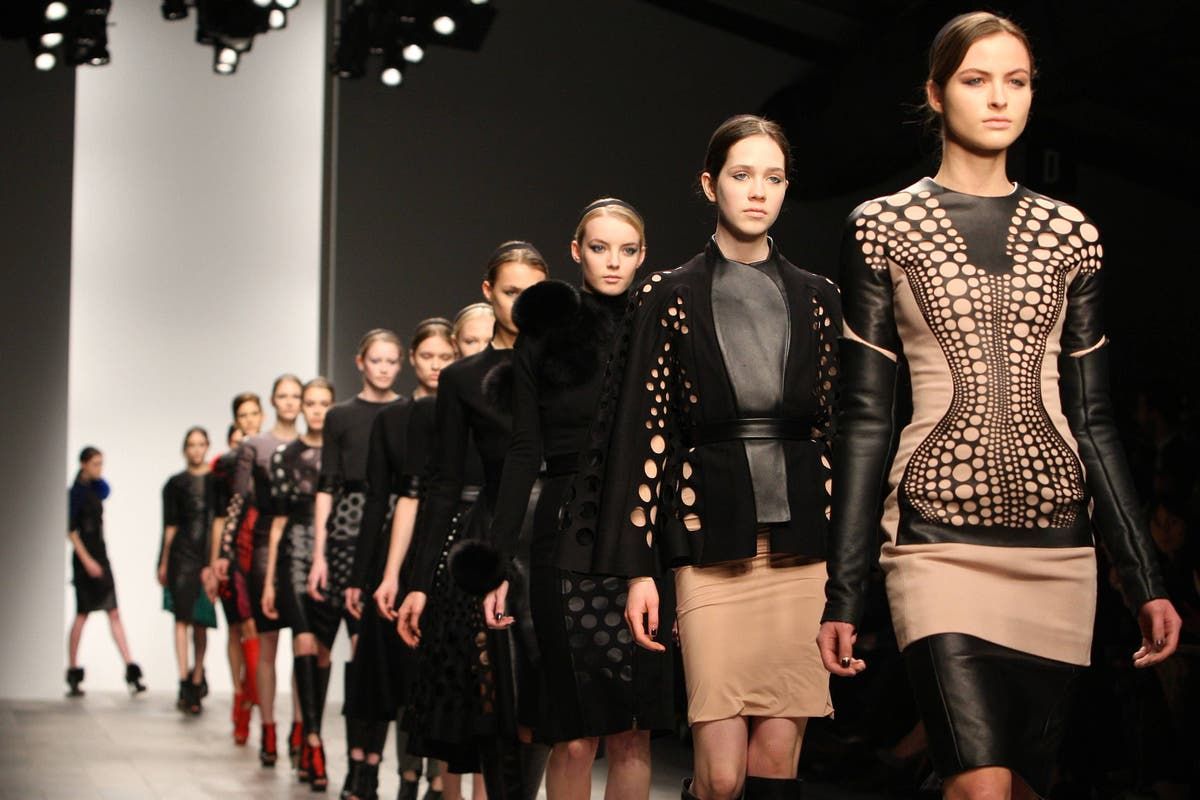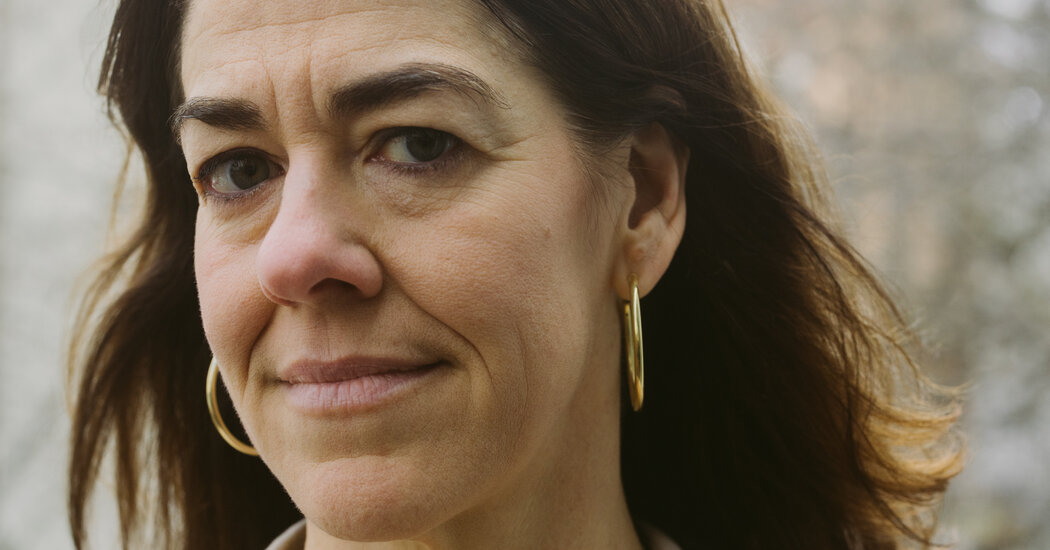London Fashion Week has begun, marking the 40th anniversary of the biannual event.
Since its launch in 1984, the event has grown from an avant-garde spectacle to a fashion industry giant: this year's London Fashion Week (LFW) opened this week on the Stock Exchange of London, demonstrating the importance of the fashion industry to the UK economy. Women's clothing sales in the UK alone are worth an estimated £30.9 billion, according to data from Mintel.
But the world has changed a lot in the last four decades; so is there still a place for LFW today?
Dr Benjamin Wild, Senior Lecturer in Fashion Storytelling at Manchester Metropolitan University, thinks so.
“Fashion is an industry that contributes just over 3% of the country's GDP. I also think that in terms of diversity and social responsibility, that's something that I think London takes very seriously. With three fashion weeks established globally, I think it is imperative to be different,” says Wild.
First organized by the British Fashion Council in February 1984, London Fashion Week is held twice a year: in February and September.
When it launched, there were already three well-established fashion weeks in Paris, New York and Milan, and London was considered an “interloper” in the industry.
“It's always been said, and I think it's very true, that since its inception London Fashion Week has always been associated with innovation and, in terms of creativity, there is a greater sense of freedom,” adds Wild.
“It captures something that is quintessentially British or English in terms of being a bit rebellious, a bit playful and challenging the norms. I think that's allowed London Fashion Week to really establish itself as opposed to the pre-existing fashion weeks and, over these last 40 years, it's always had an angle, it's always had a perspective and, if you will, a territory that is very very own.”
In March 1984, when Prime Minister Margaret Thatcher hosted a reception to celebrate London Fashion Week, English designer Katharine Hamnett caused a stir by wearing a T-shirt with the slogan “The 58% Don't Want Pershing.” in response to opinion polls being against the Pershing II missile base in the country.
Wilds believes politics seeps into LFW more than other fashion weeks around the world, adding: “Fashion is a mirror of society.”
Since the 1980s, LFW has established itself as a giant within the fashion industry and is now a highly anticipated event on the fashion calendar.
However, the exclusivity of the shows has drawn criticism and Wild says the catwalk is not “particularly democratic” but believes the event is moving with the times, with LFW 2009 at Somerset House putting up digital screens to make the event stand out. accessible.
“The way [designers] communicating with their audiences, whether leveraging digital technologies, has evolved over this 40-year period,” adds Wild.
London has always been a center of innovative fashion: in the 1980s, for example, a group of designers called Body Map created designs that did not follow the body's natural silhouette.
Wild says London Fashion Week has continued to push boundaries, with the first London Collections: Men launching in 2012 and changing again in 2020 to become a gender-neutral event. The academic adds that being different and diverse is “very much part of the DNA of the event.”
However, it has faced pushback over the years, most recently from Extinction Rebellion, who interrupted an event last year to call on LFW to cut its ties with Coca-Cola, criticizing its use of plastic.
Despite this, Wild maintains that LFW will still have value in 2024, but admits it will have to evolve to remain relevant. This is particularly the case in terms of sustainability/environmental impact and accessibility.
“We are thinking more and more about sustainability, and many recent reports from the industry itself, but also from other international organizations, say that the fashion industry will not meet and will not be able to contribute to achieving the sustainability goals they have set. ”Wild notes.
He also believes that questions about whether he should move more online are important if he wants to “be increasingly relevant.”
During the Covid-19 pandemic, when gatherings were limited to small numbers of people, organizers shifted their approach by digitizing and streaming live shows online. This is something Wild believes we will see more of in the future: “a hybridization and balance between the physical and the digital.”
And he adds: “I think it will be interesting to see how it evolves. I think the fashion industry right now, since the pandemic, is trying to align its priorities. There will always be that need for the physical, due to the materiality of our clothes, but we are increasingly aware of sustainability.
“We will probably see more of what London Fashion Week is doing this year, emphasizing the cultural element in the capital, with events at multiple sites and trying to attract people who may not validly associate themselves with fashion.”












